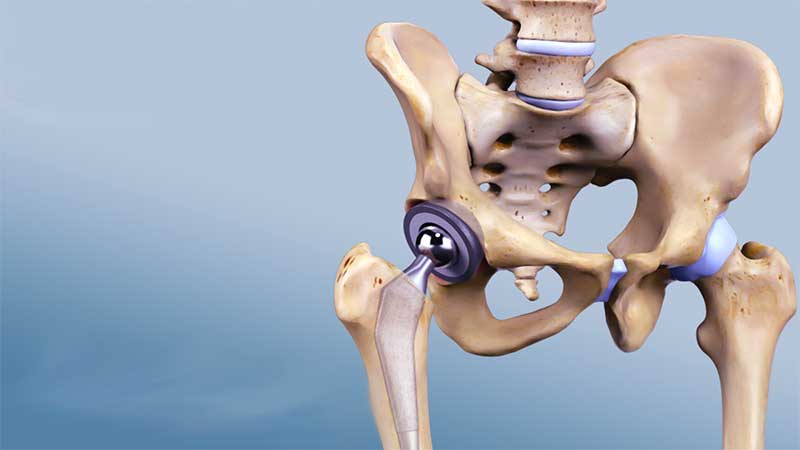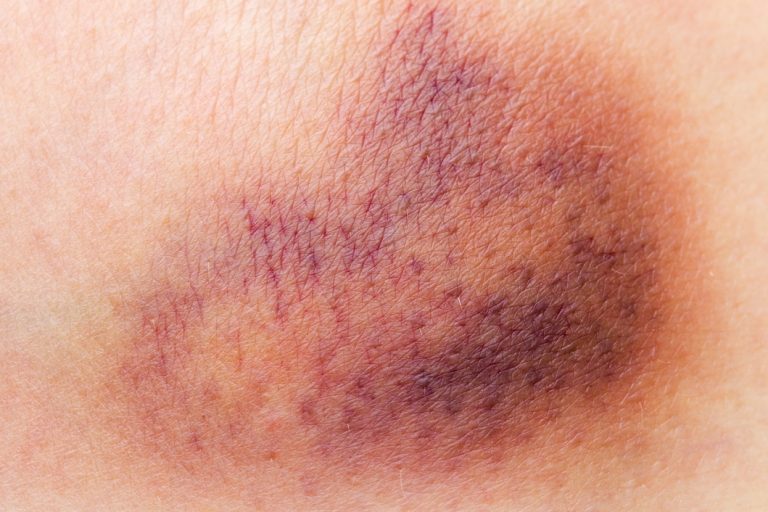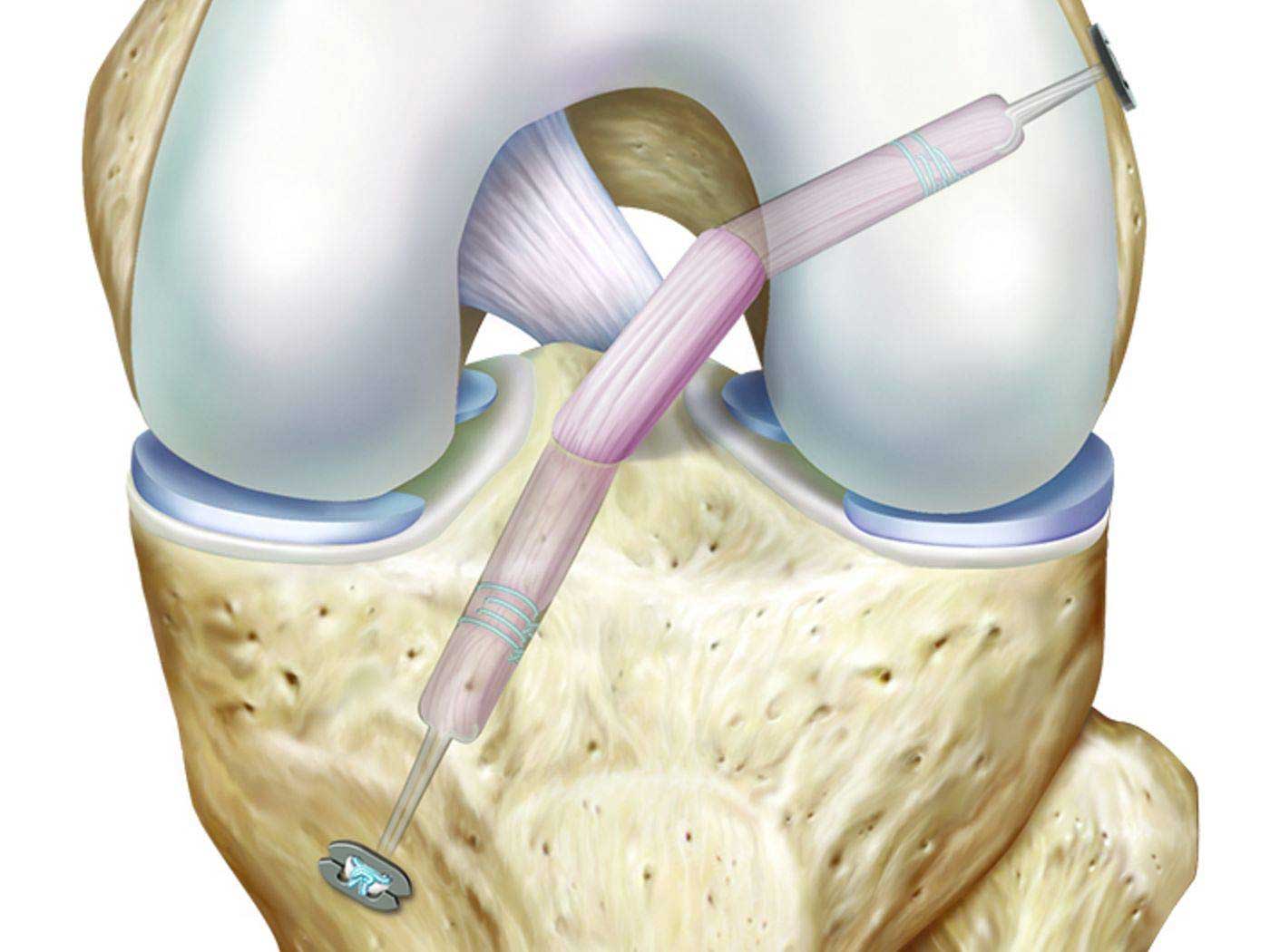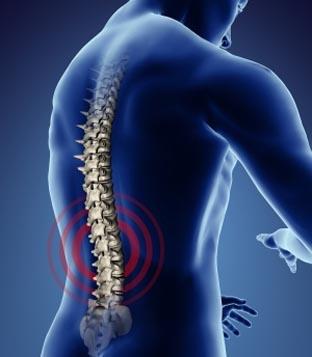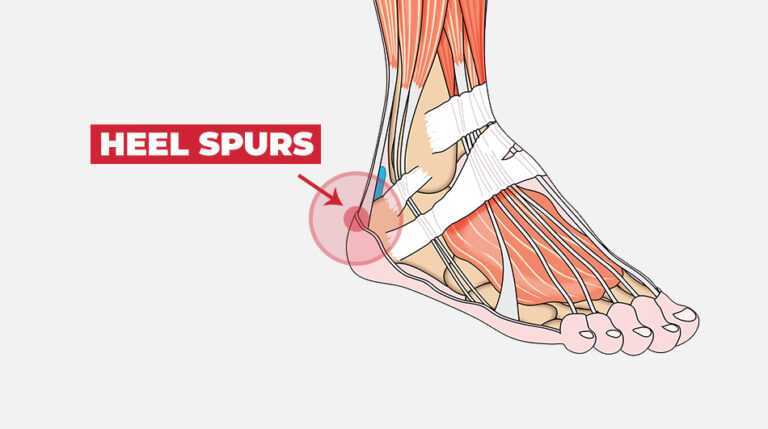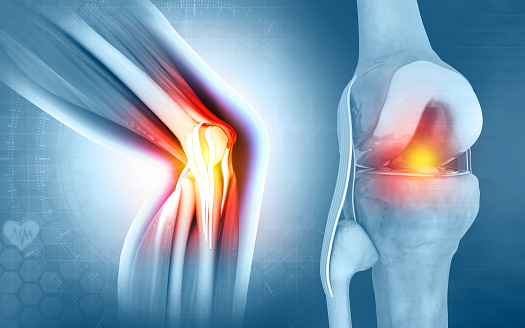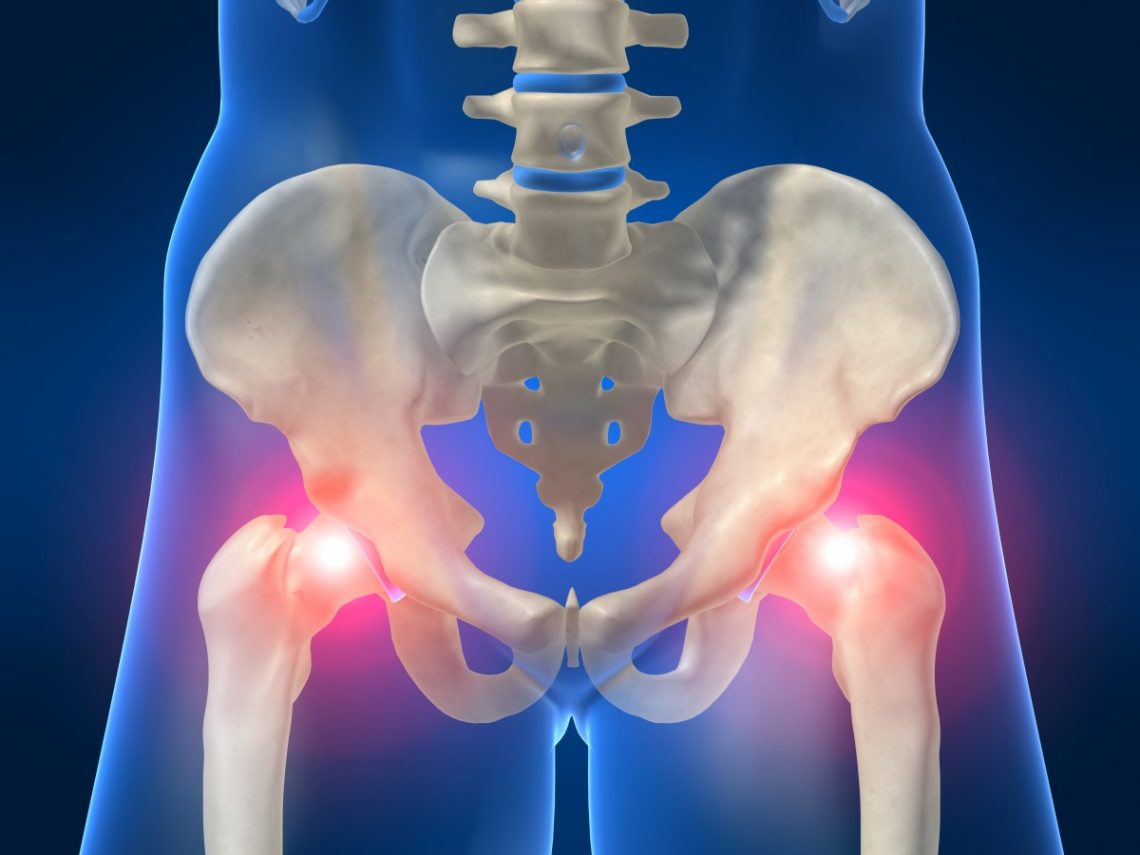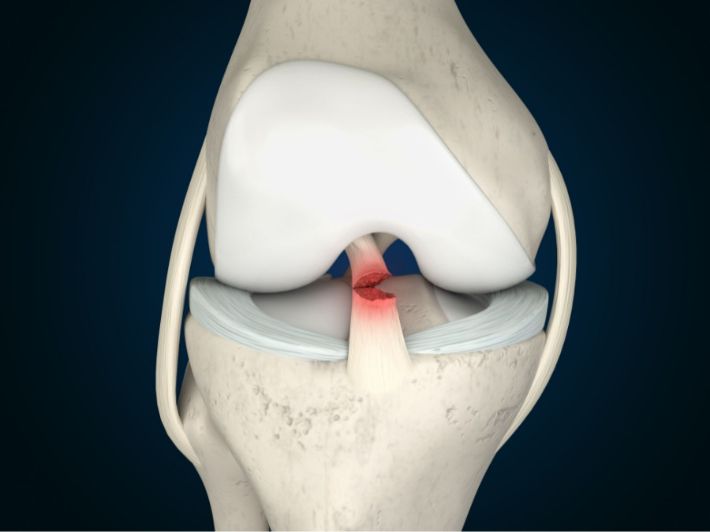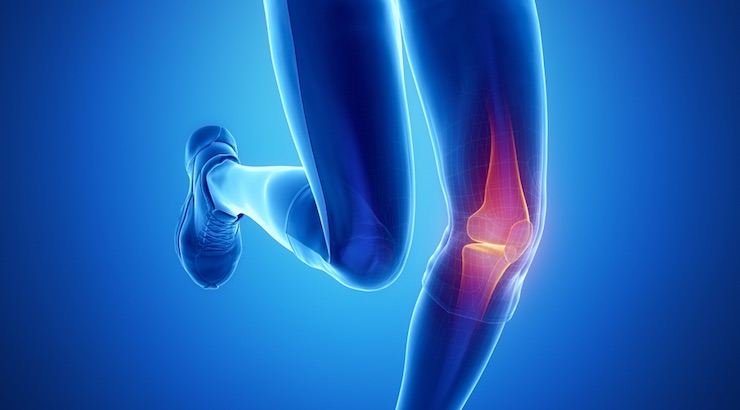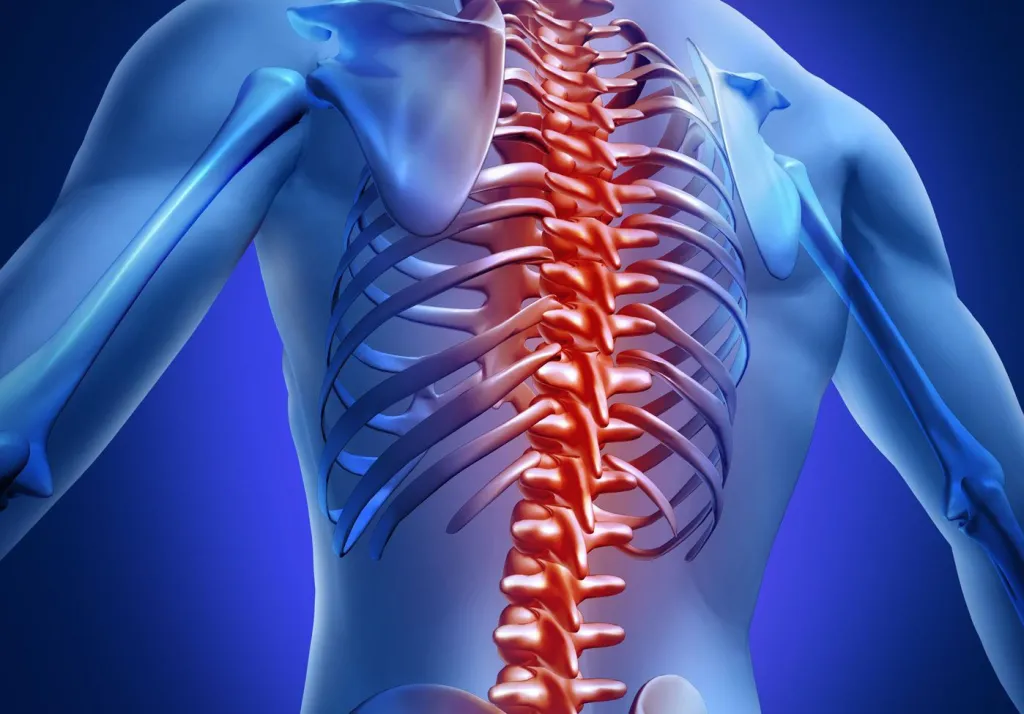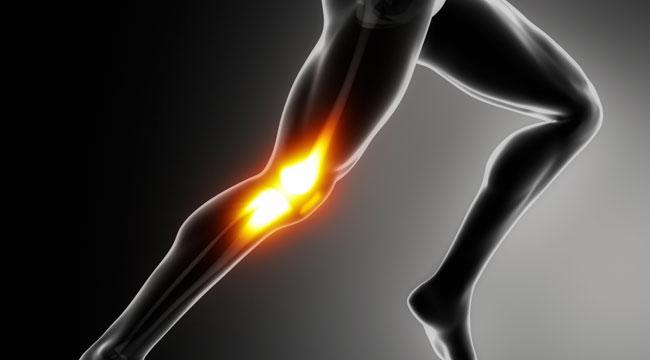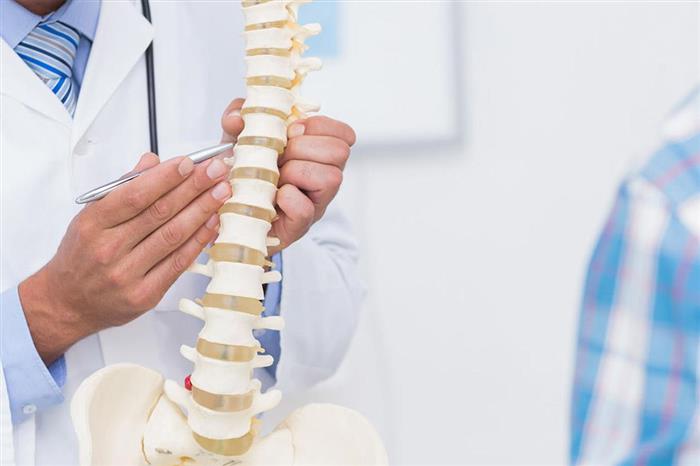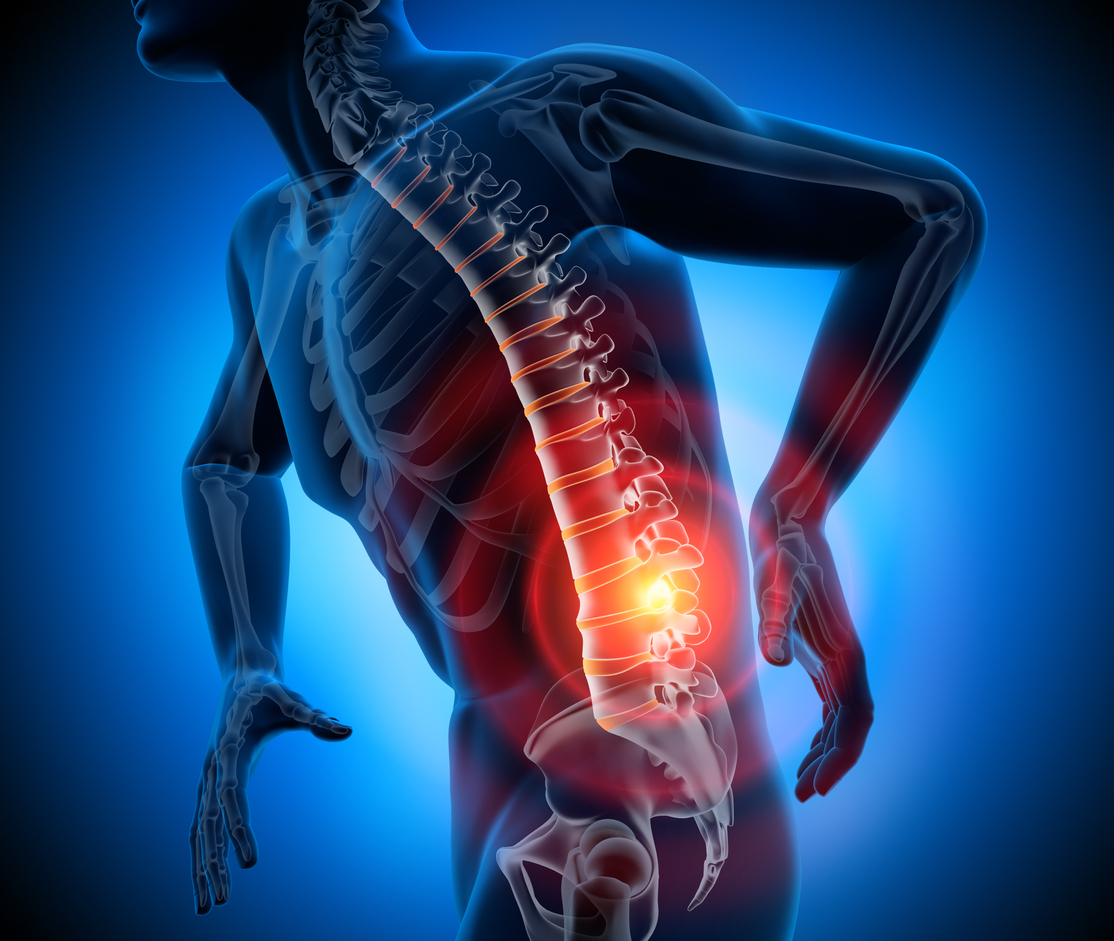What are the causes of shoulder pain? And who is the specialist doctor for treating shoulder pain?
Causes of Shoulder Pain
Many people experience shoulder pain, which can result from several different causes. In this list, we will mention some common reasons for shoulder pain:
- Osteoarthritis: Damage to the bones in the shoulder joint can lead to pain and stiffness.
- Rotator Cuff Injury: Tears in the rotator cuff, a large group of muscles and tendons that move the shoulder, can cause severe shoulder pain.
- Broken Arm: If the arm is fractured, it can lead to shoulder pain.
- Broken Collarbone: Collarbone fractures can result in severe shoulder pain.
- Bursitis: Inflammation of the cushion that separates the bones in the joint can cause shoulder pain and swelling.
- Cervical Nerve Root Compression: Compression of the neck nerve roots can affect the nerves connected to the shoulder, causing shoulder pain.
- Dislocated Shoulder: A dislocated shoulder occurs when the shoulder comes out of its natural position, causing severe pain.
- Frozen Shoulder: Inflammation in the joint can lead to stiffness and pain in shoulder movement.
These are some common causes of shoulder pain, and it is important to work with a doctor or healthcare professionals to determine the precise diagnosis and appropriate treatment. Treatment may include pain relief using oral or topical medications and the use of cold or hot compresses. Some individuals may need to see a doctor if the pain is severe or unresponsive to home remedies.
When Is Shoulder Pain Serious?
Many people experience shoulder pain. While right shoulder pain usually doesn’t indicate a serious health problem, it is very common to feel shoulder pain due to continuous joint movement in this area.
However, there are some cases that you should take seriously. When you feel pain in both shoulders or in the left shoulder, it may be a sign of a serious health problem that requires your attention. These pains may be accompanied by other symptoms such as shortness of breath, chest tightness, or pain in the left arm, which may indicate a heart attack.
Common causes of right shoulder pain include impingement of the rotator cuff, a part of the shoulder blade, against the rounded head of the humerus (the ball part of the upper arm bone). Shoulder pain can also result from an injury in another area, such as the neck.
There are other causes of right shoulder pain, including arthritis, cartilage tears, fractures in the shoulder or arm bones. If you are experiencing shoulder pain and feel that it persists for several weeks despite home treatment or if the pain is accompanied by fever or an inability to move the shoulder, you should contact a doctor.
It is essential to consult a doctor for the correct diagnosis and to prescribe appropriate treatment based on your symptoms and personal medical history. The doctor may recommend rest and the use of pain relief creams after an injury. If you do not experience significant improvement after several days, further tests such as X-rays or magnetic resonance imaging (MRI) may be required.
It is important to take shoulder pain seriously and consult a doctor if it persists for an extended period and causes discomfort and concern. Effective treatments for shoulder pain can help you feel better and regain the natural movement of your shoulders.
How to Get Rid of Shoulder Pain?
Shoulder pain can be relieved through a combination of daily measures and exercises. Additionally, it is advisable to see a doctor in cases where the pain is severe or worsening. The doctor may perform necessary tests to determine the cause of the pain and prescribe appropriate treatment.
Medical Treatment: Oral or topical medications can be used to relieve shoulder pain. These types of medications are available over the counter and do not require a prescription.
Cold and Hot Compresses: Cold or hot compresses can be used to alleviate pain in the shoulders. They can be applied directly to the painful area for immediate relief.
Simple Exercises: Simple exercises can be performed to stretch and strengthen the shoulder muscles. Among these exercises are shoulder blade squeezes downward and holding the position, shoulder blade squeezing together, and standing while raising the shoulders. These exercises should be practiced regularly for the best results.
Physical Therapy: Physical therapy is considered an effective way to alleviate shoulder pain. Therapists conduct a comprehensive assessment of the condition and determine the cause of the pain. They then prescribe appropriate treatments, such as mobility exercises, massage application, and manual therapy techniques.
If shoulder pain is worsening and persists for a long period, it may indicate a severe problem in the shoulders and therefore requires treatment. The primary goal of treatment in these cases is to relieve pain, improve the patient’s quality of life, and enhance shoulder mobility, flexibility, and strength.
Can Vitamin D Deficiency Cause Shoulder Pain?
Vitamin D deficiency can lead to various health problems, including shoulder pain. Here are 5 symptoms that may indicate that Vitamin D deficiency is the cause of this pain:
- Muscular and Skeletal Pain: Vitamin D deficiency can cause pain in the muscles and bones in multiple areas of the body, including the shoulders. You may experience continuous pain or weakness in the shoulders, and the pain can be either acute or chronic.
- Numbness in the Head: A deficiency in calcium, associated with Vitamin D deficiency, can lead to numbness in the head and extremities. If you have shoulder pain along with numbness in the head, Vitamin D deficiency may be the cause.
- Muscle Cramps: Muscle cramps and spasms are characteristic signs of low calcium levels in the blood, which can occur in conjunction with Vitamin D deficiency. If you have shoulder pain and feel muscle cramps in the area, Vitamin D deficiency might be responsible.
- Muscle Weakness: Vitamin D deficiency can result in muscle weakness, making it difficult to move and causing muscle contractions. If you find it challenging to perform shoulder movements or experience muscle weakness, Vitamin D deficiency could be the cause.
- Stiff Neck, Headaches, and Head Heaviness: Vitamin D plays a role in regulating calcium flow in the body, and its role in maintaining muscle and bone health is crucial. Therefore, Vitamin D deficiency can lead to muscle stiffness in the neck, headaches, and a heavy feeling in the head.
Addressing Vitamin D deficiency may involve taking supplements or increasing your exposure to sunlight, as sunlight is a natural source of Vitamin D. If you suspect Vitamin D deficiency as the cause of your shoulder pain, it is advisable to consult a healthcare professional for proper diagnosis and treatment.
What Causes Back Pain Between the Shoulders?
Back pain between the shoulders is a common issue experienced by many individuals, and it can cause significant discomfort and reduce the quality of life. What is the cause of this pain, and how can it be treated? Here is a list of the potential main causes of back pain between the shoulders:
- Weak Muscles Between the Shoulders: The primary reason for back pain between the shoulders can be weak muscles in this area. Muscle weakness occurs due to insufficient use of the muscles and limited movement. This can happen due to sitting improperly for extended periods, sleeping on an uncomfortable mattress, or not engaging in muscle-strengthening exercises. Therefore, it is recommended to improve sitting and sleeping posture and engage in appropriate exercise routines to strengthen the back muscles.
- Psychological and Mental Stress: Psychological and mental stress can lead to the development of pain in the area between the shoulders. When a person is tense and stressed, it affects the muscular balance in the body, which can result in pain in this region. Therefore, reducing sources of stress and practicing relaxation and meditation techniques are advised to alleviate this pain.
- Poor Posture: Often, poor posture is another cause of back pain between the shoulders. When a person sits incorrectly for extended periods, such as slouching without maintaining proper muscle alignment and comfortably rolling the shoulders back, it can put pressure on the spine and ligaments, causing pain between the shoulders. Therefore, improving posture and adopting a comfortable sitting and sleeping position is recommended.
- Injuries and Muscle Strain: Exposure to injury or excessive muscle exertion in the area between the shoulders can lead to pain in this region. Injuries can result from accidents or improper sports training. Continuous muscle strain can cause the accumulation of tight muscles and tense muscle fibers in this area, leading to chronic pain between the shoulders. Therefore, avoiding injuries and muscle strain and practicing exercises correctly and regularly are advised.
It is emphasized that if the pain worsens and does not improve or is accompanied by symptoms such as numbness or weakness in the arms, it is essential to consult a doctor for a proper diagnosis and appropriate treatment. The doctor may need to conduct additional tests such as X-rays or imaging scans to determine the actual cause of back pain between the shoulders.
Does Gastritis Cause Shoulder Pain?
Based on the available data, there is a potential connection between gastritis and shoulder pain. Typically, pain in the upper part of the abdomen on the left side can result from issues with the colon or, sometimes, from gastric problems. Shoulder pain on the left side can occur due to the presence of gas and cramping in the left part of the colon, which presses against the diaphragm, causing pain in the shoulder.
It should be noted that if the pain occurs immediately after eating, within about half an hour, gastritis could be a potential cause. Gastritis may not always show up on ultrasound, so a medical diagnosis from specialized doctors may be necessary.
In your case, after consulting an internist and undergoing a sonar examination, the diagnosis was irritable bowel syndrome (IBS), and there was no need to worry. You were prescribed some medications like Clavutel, Spasmomex, and Gastrobiotic, which led to an improvement in your condition, although the symptoms did not completely disappear.
However, after approximately three weeks, you had a meal at a restaurant, and the same symptoms reappeared, accompanied by bothersome pain in the left shoulder and beneath the diaphragm on the left side. Upon consulting the doctor again, the diagnosis was revised to irritable bowel syndrome, and the medication was changed to Clofate, Spasmomex, and Gastropubiotik. Although the symptoms did not completely disappear, they became less severe.
Based on the available data, gastritis can be a potential cause of some shoulder pain, but an accurate diagnosis and treatment should be obtained through consultation with a specialist doctor and the necessary tests. It is advisable to consult a doctor to thoroughly assess the condition and determine the underlying causes and appropriate treatment.
What Causes Shoulder and Neck Pain?
When is Neck and Shoulder Pain Serious? Some people may experience neck and shoulder pain that causes them discomfort and tension. However, many cases of neck and shoulder pain are not serious and can be easily treated. Nevertheless, there are some cases that require immediate attention and may indicate a serious health issue.
If neck and shoulder pain is accompanied by the following symptoms, it may be a sign of a serious problem:
- Severe and unbearable pain in the neck and shoulder that lasts for several days with no improvement.
- Inability to move the neck and shoulder freely without any restrictions.
- An accompanying fever with neck and shoulder pain.
- A feeling of weakness in the arms or hands.
- Increased numbness or tingling in the arms or hands.
If you experience these symptoms, you should promptly visit a doctor for immediate evaluation and treatment. These symptoms could be a sign of serious issues with the spine or nerves that control arm and hand movements.
On the other hand, if neck and shoulder pain is mild and not accompanied by any of the symptoms mentioned above, self-care measures can often help alleviate the pain. These measures may include applying ice or local heat, practicing muscle-strengthening exercises, resting, and avoiding prolonged use of mobile phones or computers without breaks.
Does Mastitis Cause Shoulder Pain?
Yes, mastitis, also known as breast inflammation, can cause pain in the breast, and this pain can extend to surrounding areas, including the shoulder. Mastitis is a condition that typically occurs due to blockage of milk ducts or infection.
When there is inflammation in the breast, it can lead to swelling, redness, warmth, and severe pain. This pain can be sharp and intense and may radiate to the arm, shoulder, and back.
If you feel shoulder pain and suspect it may be related to breast inflammation, it is advisable to consult a doctor for an evaluation and appropriate treatment. If the pain is accompanied by fever or the presence of fluid flowing from the breast or any other unusual signs, immediate medical attention may be necessary.
When Is Neck and Shoulder Pain Serious?
Neck and shoulder pain can be a painful and common nuisance that many people face in their daily lives. However, determining when neck and shoulder pain is serious depends on several factors, including the severity of the pain and its impact on daily movement and activities.
In general, neck and shoulder pain can often result from simple and non-serious causes, such as sitting for long periods in an improper posture, engaging in intense manual activities like lifting weights or heavy bags, or even exposure to cold and humidity.
However, neck and shoulder pain may indicate a serious problem that requires immediate medical care, such as acute injury, muscle or ligament tears, or nerve compression. These serious conditions may be accompanied by other symptoms like an inability to carry objects, reduced mobility, or the spread of pain to other parts of the body.
Does Sleeping on Your Shoulder Cause Pain?
Does sleeping on your shoulder cause issues? Sleeping on the shoulder can be a bothersome problem that causes discomfort for many people. Some individuals may experience right shoulder pain while sleeping, and there are several possible reasons for this.
Among the potential causes of right shoulder pain while sleeping, sleeping on the right side can be a contributing factor. The additional pressure exerted from sleeping on the shoulder can lead to irritation and pain in the joint.
Sleeping position is also a potential factor in right shoulder pain. Some people who sleep with their dominant hand under their pillow while lying on their backs may be more prone to experiencing right shoulder pain. This position puts added pressure on the neck and shoulder muscles compared to others.
It is essential to determine the root causes of right shoulder pain while sleeping. Based on the symptoms you experience and their impact on your daily life, it is advisable to visit a doctor for a proper diagnosis and suitable treatment plan.
There may be other factors associated with right shoulder pain while sleeping, such as tendonitis, bursitis, bone spurs, thyroid disorders, or shoulder injuries. These factors can exacerbate pain and discomfort during sleep.
Therefore, if you are experiencing right shoulder pain while sleeping, it is important to consult a doctor to identify the primary cause of the pain and seek advice on appropriate treatment.
How Long Does Shoulder Pain Last?
The duration of shoulder pain can vary depending on the cause and severity of the pain. In cases of mild and temporary pain, the pain may subside within a few days with rest and appropriate home remedies. Generally, it is recommended to avoid any movements that may worsen the pain and friction in the affected area during the treatment period.
However, if shoulder pain persists for an extended period, lasting more than 5 to 7 days without improvement, it is advisable to consult a doctor. There may be other underlying causes of the pain that require specialized diagnosis and treatment. The doctor can perform appropriate examinations and order X-rays if necessary to determine the cause of the pain and prescribe suitable treatment.
It’s worth mentioning that shoulder pain can sometimes be a symptom of serious health issues such as heart conditions. If there are accompanying symptoms like chest pain or difficulty breathing, seeking immediate medical care is crucial, as these symptoms could be indicators of a serious medical condition that requires rapid evaluation and treatment.
What Are the Symptoms of Frozen Shoulder?
Frozen shoulder, also known as adhesive capsulitis, is a medical condition characterized by the thickening and stiffening of the connective tissue surrounding the shoulder joint, leading to feelings of stiffness and pain in the shoulder joint. Here is a list of the primary symptoms that may indicate the occurrence of frozen shoulder:
Freezing Stage:
- Joint movement becomes more difficult and challenging.
- The patient experiences stiffness in the shoulder joint, making it difficult to lift and move the arm fully.
- Increased feelings of pain and tension in the affected joint.
Frozen Stage:
- Tension and stiffness in the shoulder joint continue, but the pain may decrease slightly.
- Movement and the use of the arm become even more challenging and restricted.
- The patient may feel limited mobility and an inability to lift or move the arm normally.
Thawing Stage:
- The joint gradually begins to improve, with increased joint movement.
- The patient may notice an improvement in their ability to lift and move the arm more easily and smoothly.
- Pain is usually less pronounced during this stage, but stiffness and tension may still be limited to some extent.
It’s worth noting that these symptoms can vary from one patient to another and may evolve and worsen over time. If you experience any of these symptoms or have difficulty moving your shoulder, it is important to consult a doctor for a proper diagnosis and to receive appropriate treatment.
Who Is the Specialist for Treating Shoulder Pain?
Dr. Amr Amal, an orthopedic and arthroscopy consultant at Ain Shams University, recommends that patients with shoulder tendonitis undergo physical therapy in addition to medication. Physical therapy aims to improve the patient’s condition and strengthen the muscles surrounding the shoulder, which can significantly reduce pain and accelerate the recovery process.
It is also essential to pay attention to a proper diet during the treatment period, as it enhances immunity, reduces the risk of joint pain, and improves overall joint health.
Dr. Amr Amal is considered one of the leading orthopedic and arthroscopy consultants in Egypt and has performed numerous shoulder stabilization and cuff repair surgeries for cases of recurrent shoulder dislocation. He offers comprehensive treatment for shoulder injuries, utilizing medication to treat tendonitis and complementing it with physical therapy sessions.
The duration of treatment for shoulder tendonitis can vary depending on the patient’s condition and the severity of the injury. Therefore, Dr. Amr Amal provides the necessary care for each patient and determines the appropriate treatment for their specific case. Dr. Amr Amal aims to achieve comfort and overall improvement in the quality of life for patients, enabling them to enjoy a worry-free life.
So, if you are experiencing shoulder pain or have suffered an injury to your shoulder, it is recommended to visit Dr. Amr Amal, the orthopedic specialist, to receive the necessary care and treatment to improve your condition and reduce pain.


